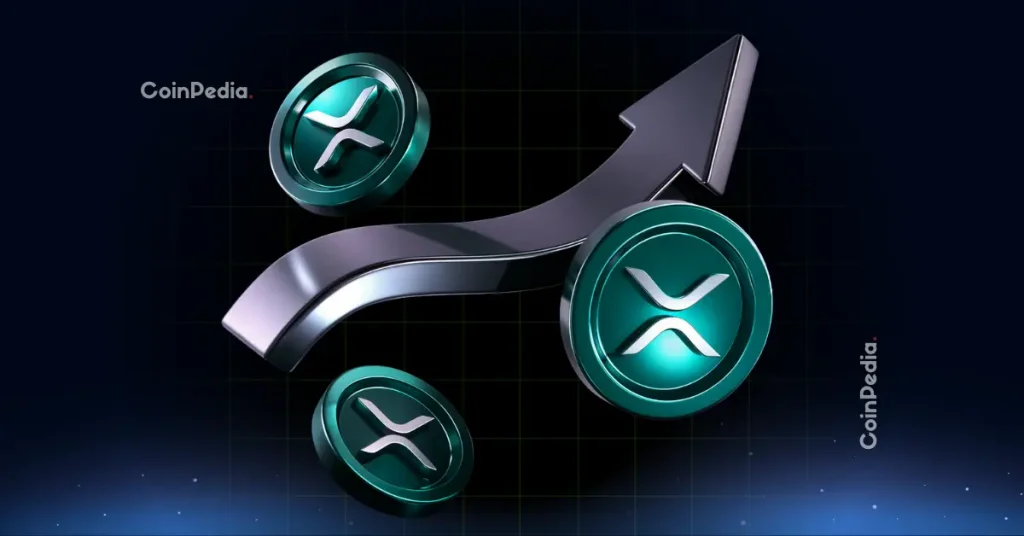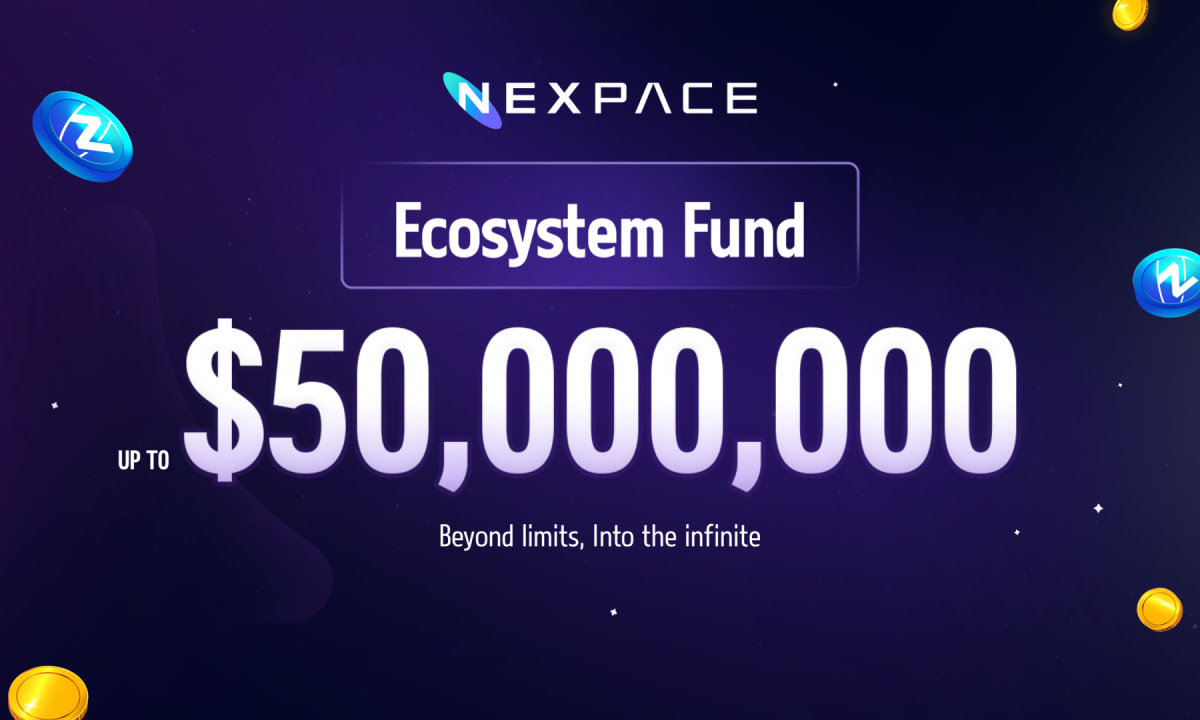The European Union has unveiled a significant proposal aimed at streamlining its digital regulations, a strategic move designed to bolster the bloc’s global competitiveness in the rapidly evolving digital economy. With a myriad of digital services, data governance, and emerging technologies like blockchain falling under its purview, the EU seeks to create a more coherent and innovation-friendly environment for businesses and consumers alike. This initiative, coming on the heels of major legislative efforts such as MiCA, signals a continuous commitment by Brussels to shape the future of digital finance and technology within its borders.
Addressing Regulatory Fragmentation
For years, businesses operating across the EU’s 27 member states have grappled with a complex patchwork of national and regional digital regulations. This fragmentation has often led to increased compliance costs, operational inefficiencies, and a deterrent for startups and smaller enterprises looking to scale across the single market. The new proposal aims to dismantle these barriers by harmonizing rules, reducing bureaucratic hurdles, and providing a clearer legal framework for digital service providers. This simplification is critical for sectors like blockchain and digital assets, where cross-border operations are inherent to their nature.
Key Pillars of the New Framework
The proposed streamlined digital rules are expected to touch upon several critical areas, building on existing legislation while filling in gaps and improving overall consistency. While specific details are still emerging, preliminary reports suggest a focus on:
- Harmonized Data Governance: Simplifying rules around data sharing and usage to foster a robust data economy while upholding privacy standards.
- Enhanced Digital Services Market: Creating a level playing field for online platforms and services, promoting fair competition and consumer protection.
- Innovation Acceleration: Establishing clearer pathways for emerging technologies, including artificial intelligence and distributed ledger technology (DLT), to develop and deploy across the EU.
- Streamlined Compliance: Reducing the administrative burden for companies by standardizing reporting requirements and regulatory processes.
This holistic approach signifies a shift from reactive, sector-specific regulation to a proactive, overarching strategy for digital development.
Implications for the Crypto Sector
The digital asset industry, which has recently seen the implementation of the landmark Markets in Crypto-Assets (MiCA) regulation, stands to benefit significantly from a more coherent EU digital policy. While MiCA provides specific rules for crypto-assets, the broader digital framework will influence how these assets interact with other digital services, data infrastructure, and cross-border payment systems. A streamlined regulatory environment could:
- Attract More Investment: Greater clarity and reduced compliance complexity could make the EU a more attractive hub for blockchain startups and established crypto firms.
- Facilitate Cross-Border Operations: Companies can more easily offer their services across member states, fostering growth and expanding user bases.
- Promote Innovation: A forward-looking regulatory stance could encourage the development of new decentralized applications and digital financial products.
- Integrate DLT into Broader Digital Economy: By simplifying general digital rules, the integration of blockchain into mainstream digital services becomes smoother.
However, the devil will be in the details of implementation, as new clarity can also bring new obligations.
Conclusion
The European Union’s latest endeavor to streamline digital rules represents a strategic and ambitious push to enhance its global competitiveness in the digital age. By aiming to reduce fragmentation and foster innovation, Brussels is attempting to create a more fertile ground for technological advancement, including for the burgeoning crypto and blockchain sectors. While the ultimate success will depend on effective implementation and ongoing adaptation, this proposal signals a clear intent to position the EU as a leader in the global digital economy, potentially unlocking significant opportunities for digital asset innovation and adoption within its expansive single market.
The post EU Unveils Streamlined Digital Rules to Boost Competitiveness: What It Means for Crypto appeared first on FXcrypto News.
















 24h Most Popular
24h Most Popular









 Utilities
Utilities